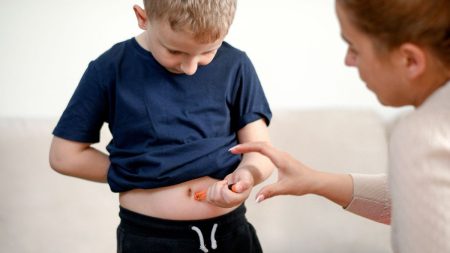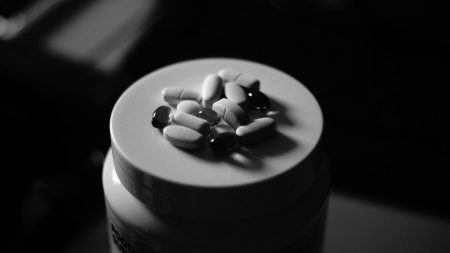Wearable health devices, once primarily associated with the wellness sector, have seen significant advancements, particularly as they enter the realm of medical care. Innovations such as earbuds that function as hearing aids and socks that monitor infants’ vital signs exemplify this evolution. These gadgets have transitioned from simple fitness trackers, which merely focused on encouraging users to achieve daily activity goals, to sophisticated devices equipped with miniature sensors and artificial intelligence (AI). Wearables like the Oura ring and Apple’s smartwatch are now balancing the line between personal wellness tools and bona fide medical devices. However, before they can be fully integrated into healthcare, there remain challenges and expectations that need addressing. Oura’s CEO, Tom Hale, highlighted the limitations of traditional medical appointments, noting that patients often leave with minimal actionable insights after a short consultation with their doctors.
The wellness sector has experienced unprecedented growth, partly due to its comparatively relaxed regulatory environment compared to medical devices. Companies like Oura and Apple are aiming to bridge this gap by venturing into the regulated health sector, thereby setting themselves apart from less credible wellness solutions. Hale remarked on the fine line their products tread between clinical and wellness applications, acknowledging the prevalence of “snake oil” products that offer questionable value. To solidify their position in this space, Oura recently launched its first randomized controlled clinical trial, a crucial step in validating the safety and efficacy of its offerings. The trial, conducted by the Kuopio Research Institute of Exercise Medicine, aims to assess whether AI-driven exercise guidance from the Oura ring can effectively reduce arterial stiffness, a health concern as individuals age.
Beyond preventative healthcare, Oura’s sensors also hold potential for assisting in health screenings and early diagnoses by identifying physiological changes that may escape immediate attention from patients and doctors alike. An illustrative case occurred during the COVID-19 pandemic when Oura encouraged users to report their health status. Researchers analyzed the collected data to identify patterns indicating a potential COVID-19 infection, enabling the development of an algorithm that could predict the virus about 2.75 days before testing. By establishing a detailed baseline through continuous monitoring, the Oura ring can alert users to significant deviations, akin to a “check engine light” for one’s body. This proactive approach offers promise for early detection of health issues.
Despite these advancements, the Oura ring has not yet received regulatory approval from bodies in Europe or the US to manage specific health conditions, leading to skepticism among some medical professionals. Critics express concerns about the implications of being overly fixated on health metrics and whether such devices might create anxiety or confusion among users. Additionally, many health providers may not have access to the comprehensive data from wearables that could enhance clinical decision-making. Existing studies indicate some promise regarding fitness trackers; for instance, a 2022 review involving nearly 200,000 people found that wearables could assist in weight management and increased physical activity but were less effective in improving core health metrics like blood pressure and cholesterol levels.
A more extensive meta-analysis involving 1.2 million individuals concluded that while activity trackers show potential for disease identification—specifically in spotting conditions such as atrial fibrillation and COVID-19—further research is necessary to grasp the full extent of their benefits. Hale maintains that these devices can guide individuals in recognizing and altering unhealthy habits based on insights derived from their health data. The ongoing studies, particularly the recent trial launched in Finland, are set to provide critical validation for companies like Oura. The outcomes could determine whether wearables will solidify their role in healthcare or necessitate a revisitation of existing strategies in the development of health technologies.
Thus, the transition of wearable devices from wellness gadgets to integral components of healthcare is rife with potential yet fraught with challenges. The convergence of technology, data, and personal health manifests an opportunity to enhance individual healthcare experiences. As these wearables continue to evolve, their ability to provide timely insights and predictive analytics may reshape how individuals engage with their health and wellness. However, regulatory frameworks and cautious clinical integration will play essential roles in determining the adequacy and safety of these technologies. Balancing innovation with ethical practices and verifiable efficacy is pivotal as the landscape of health technology continues to advance. We may soon witness a revolution in personalized healthcare, where wearable devices are not merely popular trends but essential tools in the management and prevention of diseases.














